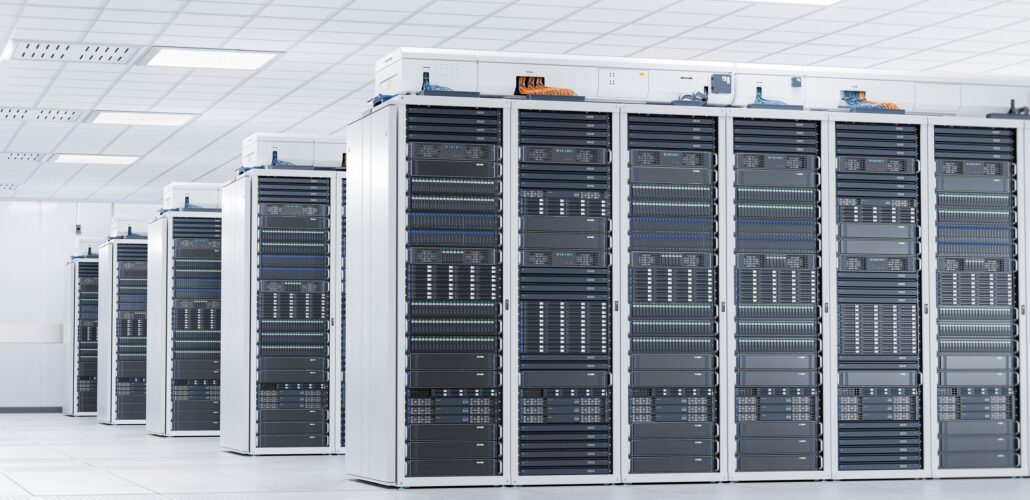Securing the Smart Grid Against the Coming Onslaught of Quantum Computing Attacks
The potential rise of quantum computing could render many of today's encryption methods obsolete.

Image for illustration purposes.
Quantum computers, with their ability to perform calculations exponentially faster than classical computers, pose a significant risk to the encryption algorithms that protect the communication and control systems of smart grids. If left unchecked, this threat could lead to grid failures, power outages, and even physical damage to critical infrastructure.
To address this challenge, the U.S. Department of Energy (DOE) has launched a $1.45 million initiative to develop quantum-resistant encryption solutions for smart grids. This funding will support research and development efforts aimed at creating new encryption algorithms and protocols that can withstand the power of quantum computers.
One of the key aspects of this initiative is the focus on post-quantum cryptography (PQC). By developing and implementing PQC solutions, smart grid operators canG ensure that their systems remain secure even as quantum computing technology advances.
Another important aspect of the DOE’s initiative is the emphasis on collaboration between government agencies, academia, and industry partners. By bringing together experts from various fields, such as cybersecurity, power systems, and quantum computing, the initiative aims to create a comprehensive and effective solution to the quantum threat.
As the smart grid continues to evolve and expand, it is crucial that we prioritize cybersecurity and invest in solutions that can protect our critical infrastructure from emerging threats. The PQC initiative is a step in the right direction, but it is just the beginning. Moving forward, we must remain vigilant and proactive in our efforts to secure the smart grid and ensure a reliable and resilient energy future.
Source: EEPower
#cybersecurity#DOE#encryption#infrastructure#infrastructure protection#post-quantum cryptography#PQC#quantum computing#quantum-resistant encryption#renewable energy#security#smart grid



